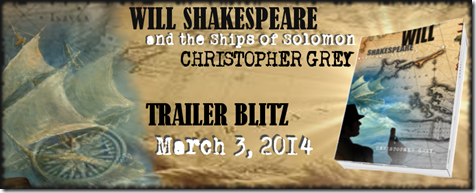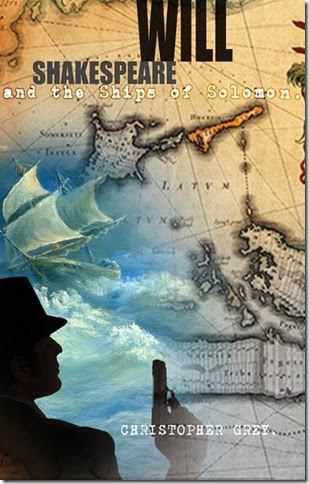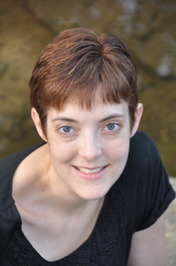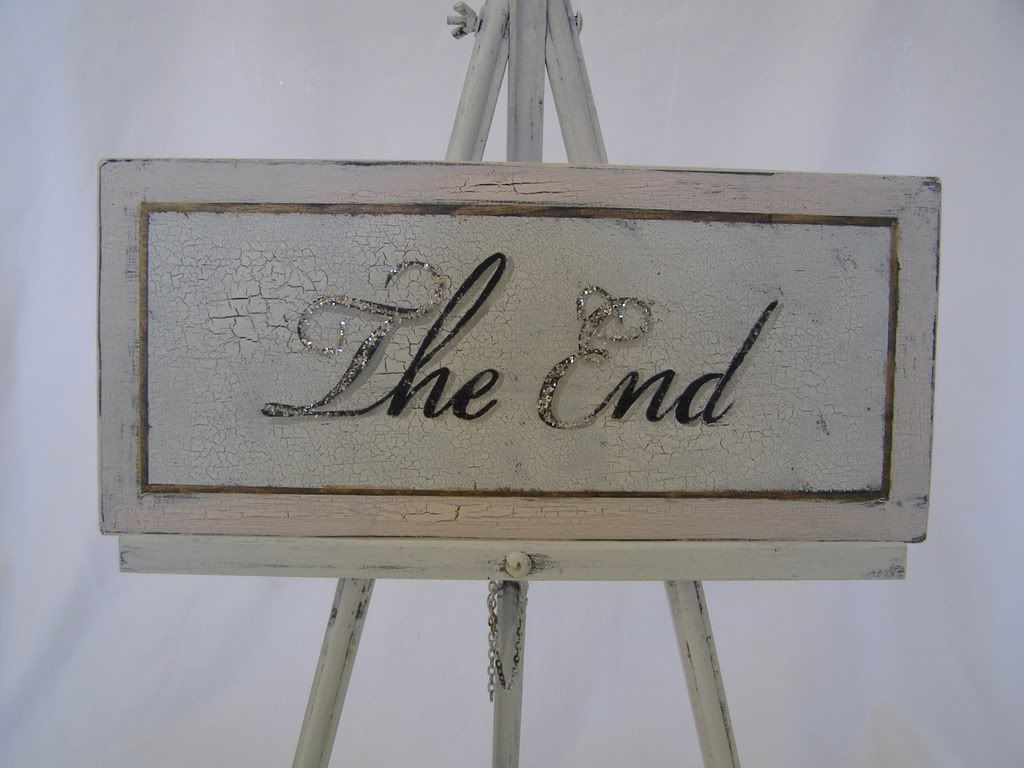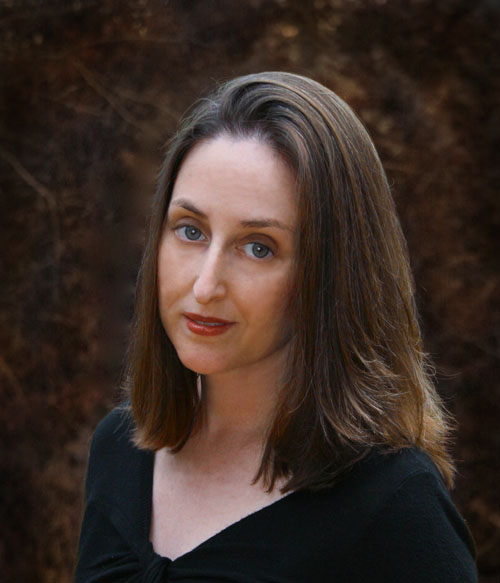Will Shakespeare and the Ships of Solomon
Author : Christopher Grey
Genre: Action/Adventure
Audience: Adult
Formats: Paperback and E-book
Publisher: Pacific Coast Creative Publishing, Imprint: Basilicus Press
Cover By: Pacific Coast Creative Publishing
Editor: Julia DeGraff
Pages: 260
ISBN-13: 978-0-9839641-9-3
Date Published: March 3, 2014
In the fall of 1947, Will Shakespeare saw the world collapse around him. Shakespeare, a secret soldier for the Knights Templar, barely escapes the slaughter of his entire knighthood at the hands of a rogue militant arm of the Vatican in a small Montreal church.
With orders to escort Templar business associate Dorothy Wilkinson back to her home in Bermuda, Will must locate and rescue the most important secret treasure in human history before it is devoured by a hurricane in the watery caves beneath her father’s property.
The spiraling quest sends Will and Dorothy into uncovering dark secrets that make up the origins of the knighthood as they confront the traps and puzzles that masterfully protect the world’s most coveted treasure.

Sir William Shakespeare lit a cigarette to pass the time. Even through the fog he could make out the silhouettes of the surrounding landmarks in Old Montreal. On this particular overcast day, the city was more akin to London than Paris, from which many locals declared their heritage. Will spent a great deal of time in both cities and could personally attest to the ambiance of each. No matter what the charcoal skyline of this city presented or feigned, it was no doubt as cold as London. His wool overcoat did little to help, and the gray fedora on top of his well-combed black hair only stopped the moisture from disrupting the hair treatment.
Blue eyes scanned the skyline. It was the most interesting place to look. Cowering fog oppressed the Canadian cityscape with little regard for daylight. Traffic down St. Catherine’s was all but extinct. Every twenty minutes or so a distant hum of a car would be complemented by fading headlights as they turned from Union or University, submitting to the thick moisture by employing useless headlights. It was infrequent enough that he could spend a great deal of time examining them as they passed, refracting in dismal displays of frigidity. Pontiacs … Chevys … gray … beige … black… . Nothing to cause concern.
The humidity was high enough to turn the city into a veritable swimming pool; such was not uncommon for this time of year. Only the day prior a storm passed through, throwing down sheets of incessant rain, taking away fallen leaves and other autumn debris into the confluence of the Saint Lawrence and Ottawa Rivers. A frigid day coming out of an even more brisk night cost many Montrealers a pleasant morning. In just a short time, snow would mark the landscape and herald a long winter ahead.
Brown bristles of deleafed deciduous trees from the largest green space in the city combed over the gentle slope of Mount Royal, which stretched, devoid of people, into the throngs of McGill University. A forest of meager but still prominent buildings decorated the campus and lowland shores on the east end of the island, humbly marking Montreal’s downtown area. Not quite in the vicinity of Old Montreal, but close enough to see the Gothic fingers of aged colonial skyscrapers and churches, lay one of the more prized structures in the well-populated Ville-Marie borough. The Christ Church Cathedral, promenading an entire city block, catapulted its own religious testament toward the already aged and humbling skyline. Buried next to McGill’s nineteenth-century manicured campus and amid one of the larger commercial districts of the borough, it was a more permanent marker on the skyline.
Beneath the skyline and at the enclave of the cathedral, Will watched for any unusual activity. Pedestrians were just as scarce as cars, if not more so. No one in their right mind would be walking down St. Catherine’s on this morning. Not unless they were a McGill student or hopelessly lost. It wasn’t St. Catherine’s, Will corrected himself. The locals called it Rue Ste-Catherine O. The French pride here took some getting used to, and even after two years he was nowhere near tolerant enough. Living in Montreal did affect his French, however, and on a good day he could very easily get around using the language. He already had a base from his years in Vietnam, but the dialect was very different. His French-Canadian accent was strange enough that most people didn’t even guess he was American, much less a Connecticut native.
The delicate lights inside Christ Church Cathedral danced from behind stained glass. It was likely quite a lot warmer in there, and as much as he’d like to go in, he couldn’t. His job was to make sure no one went inside who wasn’t authorized by the Order. With the complete lack of passersby, the job was far easier than he’d thought it would be.
The regular churchgoers and staff weren’t a problem, as Will had arranged to have the facility completely vacated three days before. The Order had high contacts within the Anglican Church, and it really only took verification of who they were to keep the facility clear. The staff closed the doors to the public, citing plumbing problems, and ensured that the congregation was well aware of the issue. That wouldn’t disrupt normal services, as everyone would be out by evening, allowing the clergy to prepare for the next day’s sermon.
It was three-thirty the last time he checked his watch, and that was recent enough that he didn’t bother to check again. Looking at his watch too many times made the time pass slower. They’d been in there for four hours—a very long time to watch nothing, although Will was accustomed to this sort of work. During the secret war of the mid-1930s, he’d spent countless hours in the dark streets of Havana watching walls rot. The jungles of Vietnam were no different. Even his work on the Allied fronts of the war kept him at watch more than once. The secret was simple: watch the horizon and focus on points only when there was movement.
Very important men were inside the church at the moment discussing things Will had no earthly idea about. The last time the commanders were all in the same room was the dawn of the war. If the threat of Nazi Germany was the one thing that brought these old men together, it horrified Will to know what had gathered them here on this day.
The 1939 meeting was a much different time, even though it was less than ten years prior. He was still a knight, but the work in 1938 put him on the path to promotion, earning him the prestigious title of turcopolier. His work in Havana with Lucky Luciano and other Mafioso leaders secured private interest in Cuba from rising communist influence. Suddenly wrenched from the secret affairs of the Latin world, Will was dropped directly into the middle of Europe while a madman marched across the landscape. Will wasn’t the only one dispatched. In fact, the crew present in Montreal that day was the very same one that had kept each other alive in the European war. If it wasn’t world war these men were meeting about, Will didn’t really want to know what it was.
The grounds were clean. He and Sam Adams had just completed a fourth sweep. There were six other sergeants patrolling the area. No one was getting through. He stayed with Sam, his prodigy, at the front. There were two men on either side of the cathedral, and two patrolling the perimeter. Will had asked for more knights–or even sergeants, but the commanders weren’t able to bring them back to Montreal soon enough. Many were still supporting the security of Berlin’s occupation, and after recent outbursts in Vietnam against the French, a dozen were placed back there.
His curiosity was piqued, but any guesses on his part would only be speculation. Knowing the meeting took place under the direst of necessities, he also knew that the Order was in great danger. Having all members of the entire leadership in one place was rarely practiced, and for good reason. A secret society needed safeguards in place to ensure the knowledge of its members was not lost. Whatever brought them all to Montreal was no concern to Will—he was a soldier. He didn’t need to know the politics behind his organization. He followed orders as he always did.
Keeping trained eyes on the distant Montreal background, he pondered the location. Out of all the world’s cities in which the Order operated, their base of operations was this somewhat small city in Canada. Knowing the full history of the Order meant it was no mystery. In fact, the city of Montreal was created on the Order’s influence as a sort of Utopian society. Fighting the impulse to use the word Utopian, he reminded himself that the city more appropriately represented the concepts described in Francis Bacon’s novel New Atlantis. Montreal was the center of a New Scotland with high liberal ideals. These concepts were still inbred in the society, it seemed. Just three years prior, there had been great national conflict when the mayor protested conscription for the war. Ottawa put the mayor in prison, and the conscription was enforced.
Will was somewhat dismissive about Canada. He didn’t particularly care for the climate and was accustomed to slightly more exciting locations. Used to being in the center of it all, adjusting to the slow-paced northern life wasn’t without its challenges. No longer concerned for his life whenever he stepped outside his house, and working a somewhat regular job with the Order training sergeants, the days of working the field were sorely missed. He’d also been stuck as a trainer for long enough that he hadn’t managed to make it to his home town, Hartford, since the war. A ping of guilt crossed his consciousness as he recalled Hartford. It had been too long.
Will had been promoted to turcopolier during the war, a fantastic honor and one awarded to only three dozen people in the entire world. He was in command of the sergeants of the Pauperes Commilitones Christi Templique Salomonici and had access to some of the most powerful secrets in human history. Part of becoming a knight in the first place, however, was erasing his old identity. He was now immersed in an ancient tradition and as such operated above any nation or society on the planet. He could no longer be a normal citizen. He took a vow of poverty and of chastity. His old life was over, and a new, secret one had begun. One in service of God and of man. The knighthood faked his death in the war and sent reports home to his mother and sister that he’d died honorably in combat in Germany. He would never contact his family again.
Those were distant and painful thoughts to have on this morning, and so he sidetracked himself by checking the position of his crew. Glancing back, he made sure Adams was still in position. Nothing had changed. As turcopolier, however, security was on his shoulders. He couldn’t allow any of the sergeants to lose focus. The commanders had tightened security for a reason. His reevaluation of the crew brought his attention to another oncoming car.
This one was different from the others. Immediately Will knew it wasn’t a civilian. The pace was too slow as it crawled forward deliberately. The driver was making no mistakes, watching for every conceivable detail. Even in fog, civilians tend to move forward with a flare of recklessness. Content to crouch behind their steering wheels and squint into the white nothingness, they think that by squinting they’ll see something before it becomes a problem. A military person, however, will simply travel more slowly, having built the fog into the mission as a component.
The car stopped precisely in front of the cathedral, close enough that Will could spot the signature maple-leaf Canadian flags attached to the hood—far too showy for his tastes. He had been expecting this car. Ottawa was personally escorting a civilian for the leadership to interview. That’s all he knew. Given the security concerns, he was appalled they’d arrived in diplomatic style. Anyone with half a brain would know something important was happening at the cathedral today. Their low profile was effectively blown.
His face darkened as he watched a man step out of the backseat in a pressed navy-blue suit and yellow tie, black overcoat, and fedora. A public servant, not a spook. Why were they being so careless?
The politician opened the back door and helped out another passenger. Will had taken the vows and he was a professional, but he did take an interest in the woman who stepped out. Short brown hair. Youthful face but with years behind her brown eyes. She was sun-kissed yet dressed like a New Yorker. He allowed himself enough leeway to lose focus for only a second. Long enough to nod and offer an obligatory smile as they approached. But long enough to feel the stab of guilt that inevitably follows temptation.
“Miss Wilkinson, for you, my friend,” the politician said.
Glancing back at Sam Adams, Will gave the unspoken order to hold his position while he escorted the guest. Adams, standing at ease, snapped into focus and put out his cigarette, now being the eyes of the operation. Shakespeare was free to greet the newcomers.
“Good afternoon, Miss Wilkinson, we appreciate your prompt arrival. You are free to go inside.”
Will kept his smile, but it was only an act. He was being polite because she was a civilian, and possibly because she was pleasant to look at, but much more important issues were on his mind. I am not a doorman.
The woman smiled and hesitantly went into the cathedral, looking back at the politician as she did so. As soon as she was out of sight, Will’s smile dissolved into severity. He broke through the politician’s milk-toast expression with an unblinking and official stare.
“You took a public vehicle. Why?”
“I thought your guest should arrive in style,” he said with a high tone in his voice, emoting a certain level of offense.
“Before you leave, remove those flags. Tell the driver to dump the car at the university.”
Now the man was openly offended.
“Wait a minute, sir! Do you have any idea who I am? You are talking to …”
“An elected official, yes I know. You are compromising our security.”
“Just who do you think you are?” his voice was raised now.
“If you have to ask, you are not cleared to know. Leave the car at McGill’s. Find another way back.”
“This is ridiculous. I’m calling the office!”
Will looked back at Adams with another unspoken order. The sergeant immediately stepped forward and opened his coat. The sidearm was quite visible underneath.
This openly threatening gesture stunned the official into silence. Sputtering and glancing between both men with a reddened face, the Canadian did what he was told, removing the flags and crawling inside the vehicle. Will watched him go with no expression. He only hoped it would be enough. They could already be compromised.
He turned to Adams. “Walk the perimeter again. Make absolutely sure it’s clean.”
Adams nodded and went on his way.
Will reflected on this woman and how she’d arrived. There was no good reason a woman like that would be meeting with the grand master and the commanders. Slamming his mind back into focus, he finished his cigarette and took a good look around the premises. Moving down the steps of the church, he checked around the corner to see if any headlights were approaching.
It was a good thing he did because in the next moment he was forced to pull his gun.
Christopher Grey is an author of fiction focusing on conspiracy theories, secret societies and the occult. His special brand of storytelling dives into conspiracies and the occult from the point of view of the secret societies, attempting to dispel popular mistruths and paranoia prevalent in the mainstream.
Grey’s fascination with the secret world began when he was sixteen after a chance meeting with a conspiracy theorist in a coffee shop sometime in the 1990s. The conversation with this man led Grey on a lifelong scholarly endeavor to learn about secret societies and the occult from a skeptical and secular point of view.
Over the past 15 years, he has been involved in various fraternal societies and has sought to explore the undercurrents of human civilization–to uncover the hidden histories and the forces and patterns that have designed what society has become and to demystify the hidden forces in our society that, for so long, have been vilified and misunderstood.










